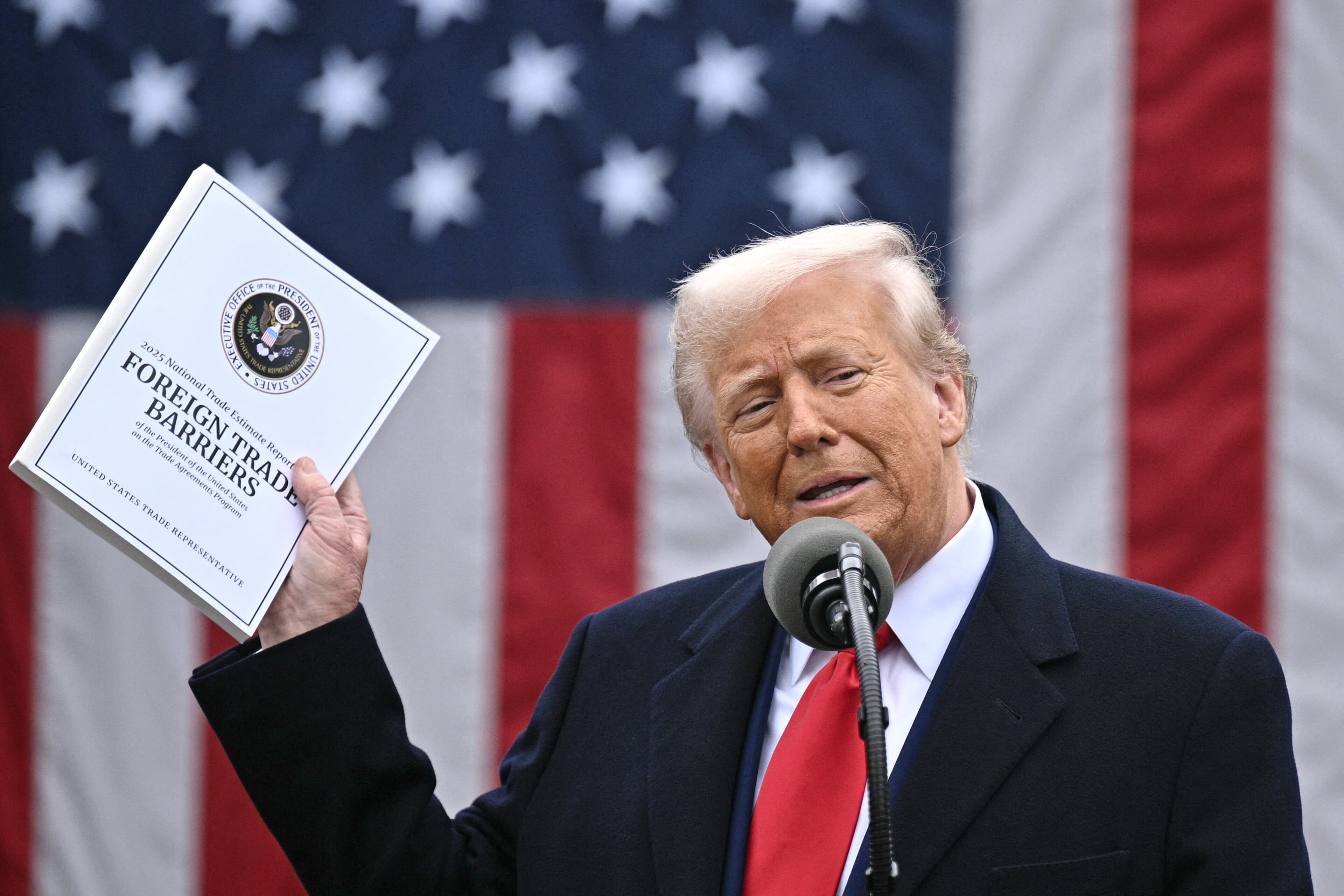TALI ARBEL AP Technology Writer
NEW YORK (AP) — The Walt Disney Co. said Tuesday that profit fell 23% in its latest quarter to $2.13 billion as it absorbed losses — and a big revenue boost — from its new streaming service, Disney Plus.
The company says it has 26.5 million Disney Plus subscribers as of Dec. 28, the end of its first fiscal quarter. The service launched in November, and Disney has positioned it as the future of the company as more people drop their cable subscriptions in favor of online video services like Netflix.
Disney also has 30.4 million Hulu customers and 6.6 million ESPN Plus subscribers; it notched big gains for those from a year ago. Disney offers a bundle of the three streaming services.
On a per-share basis, profit came to $1.17 per share. Adjusted for one-time items, earnings came to $1.53 per share. Analysts polled by FactSet expected earnings of $1.46.
Revenue rose 36% to $20.9 billion. Wall Street expected revenue of $20.7 billion.
Disney shares rose 1.2% in after-hours trading to $146.50.
Revenue slid at Disney's cable networks division, by 20% to $4.8 billion. It said ESPN weighed on its profit because of higher programming and production costs and lower ad revenue as viewers decline.
The broadcasting arm's revenue rose 34% to $2.6 billion, while the parks division's sales rose 8% to $7.4 billion and the movie business more than doubled to $3.8 billion thanks to “Frozen II” and “Star Wars: The Rise of Skywalker" in theaters.
The direct-to-consumer business that includes Disney Plus posted revenue of $4 billion, up from $918 million a year ago, while its operating loss widened to $693 million from $136 million.












